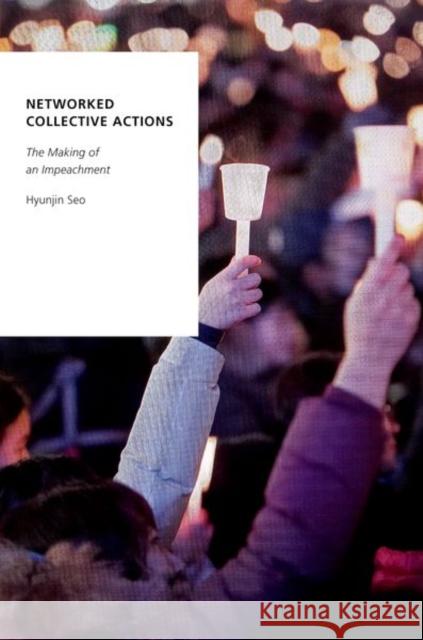Networked Collective Actions: The Making of an Impeachment » książka
topmenu
Networked Collective Actions: The Making of an Impeachment
ISBN-13: 9780197538883 / Angielski / Twarda / 2021 / 200 str.
Kategorie BISAC:
Wydawca:
Oxford University Press, USA
Seria wydawnicza:
Język:
Angielski
ISBN-13:
9780197538883
Rok wydania:
2021
Numer serii:
001109610
Ilość stron:
200
Oprawa:
Twarda
Wolumenów:
01











